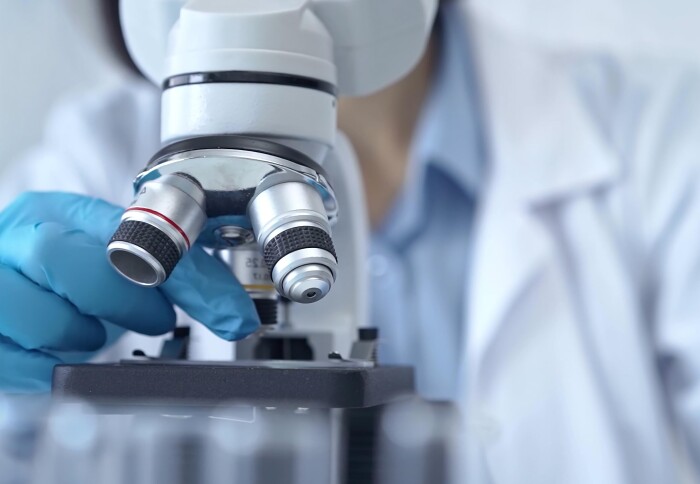UK Researchers Awarded £6.4M Grant to Study Protein Dynamics and Cell Health

A scientific breakthrough could be on the horizon as a UK researchers embark on a project to study protein S-acylation – a critical cellular process.
Backed by a £6.4 million grant from the Biotechnology and Biological Sciences Research Council (BBSRC), this groundbreaking project promises to deepen our understanding of how proteins function and impact our health, potentially paving the way for future innovations in medicine and industry.
The BBSRC sLoLa award is part of a £20 million investment in strategic Longer and Larger grants. The project, entitled "An integrated analysis of S-acylation dynamics and its importance in cell physiology," is led by Professor Luke Chamberlain of the University of Strathclyde and includes contributions from a range of research groups, including Professor Ed Tate’s team at Imperial and scientists from the Universities of Glasgow, Coventry and Oxford. Together, these experts aim to conduct the first integrated study of protein S-acylation, leveraging state-of-the-art technologies and decades of combined expertise.
Understanding S-acylation
S-acylation is a reversible post-translational modification in which fatty acids attach to proteins, altering their behaviour and interactions within cells. This process plays a key role in essential biological functions such as neuronal signalling, cardiac health and immune responses. Moreover, it has been implicated in various diseases, including cancer and neurodegenerative disorders. Despite its importance, scientists have only just begun to understand how S-acylation is regulated and its broader implications for cell physiology.
The research programme will integrate advanced tools, technologies and emerging insights into enzyme-substrate interactions to decode the mechanisms underpinning S-acylation. By doing so, the team hopes to shed light on this dynamic process, offering fresh perspectives on its influence across diverse life forms. This knowledge could ultimately drive innovations in drug discovery, clinical applications and industrial processes.
Professor Ed Tate’s group will play a pivotal role in the initiative, building on unique technologies developed in collaboration with the Francis Crick Institute. These technologies, supported by funding from Cancer Research UK and the Imperial-LMS Drug Discovery Hub, have already made waves in cancer research and drug development. The insights gained from this programme could have transformative effects, offering new ways to tackle some of the most pressing health challenges of our time.
Professor Ed Tate, Department of Chemistry, said: “The UK is a scientific and translational powerhouse in the field of protein lipidation, including S-acylation, and together we can bring an arsenal of innovative technologies to bear on one of the most significant and underexplored fields in cell biology. By decoding the dynamics of S-acylation, we will provide insights that not only transform our understanding of cellular processes but also pave the way for groundbreaking applications in medicine and beyond.”
As the research gets underway, the potential outcomes are wide-ranging, from enhancing our fundamental understanding of biology to developing revolutionary new treatments and technologies. This project marks a significant step forward to understanding the complex processes that sustain life.
Main image credit: Shutterstock.
Article text (excluding photos or graphics) © Imperial College London.
Photos and graphics subject to third party copyright used with permission or © Imperial College London.
Reporter
Saida Mahamed
Department of Chemistry